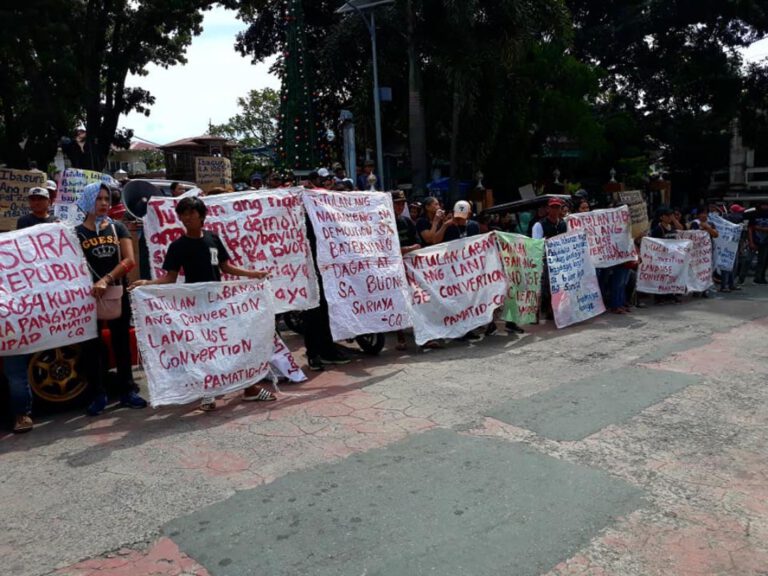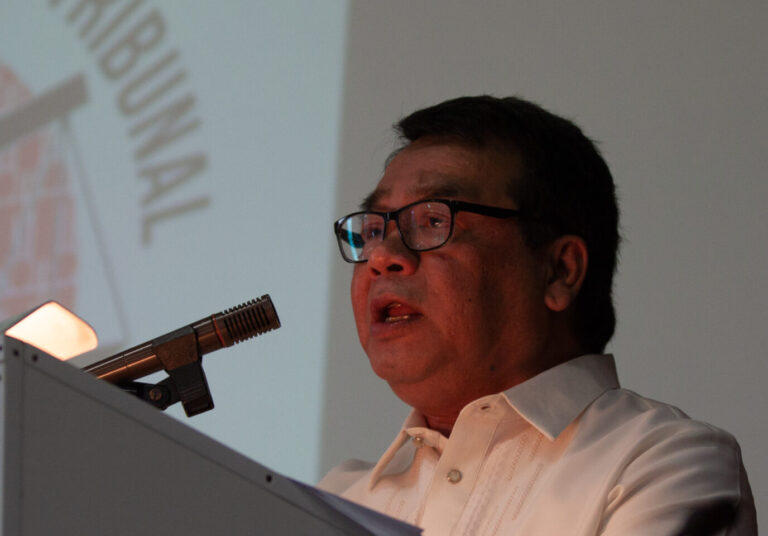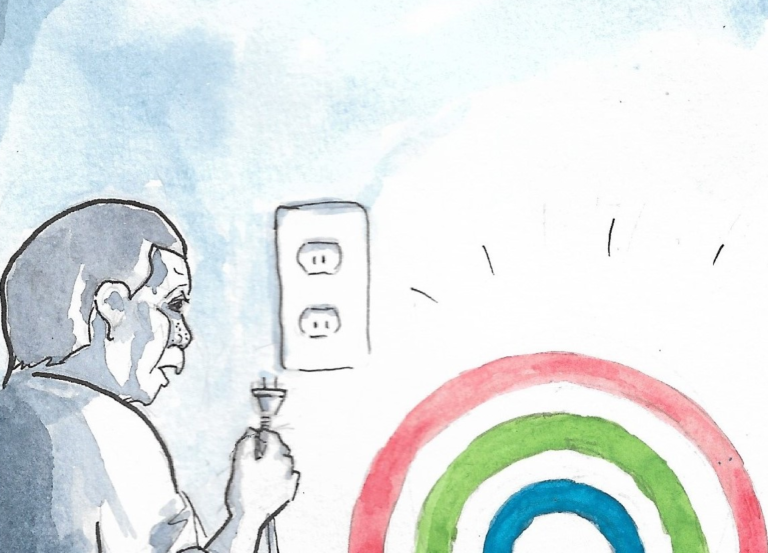Even if this sounds nebulous, journalistic outputs are inherently biased for the truth. Journalists are therefore expected to use as sources of information the experts (i.e., truth-tellers) instead of “fake news” peddlers.
By DANILO ARAÑA ARAO
Bulatlat.com
These are my replies to six questions sent by a campus journalist regarding the concepts of neutrality and impartiality in journalism.
People fail to distinguish neutrality from impartiality. Neutrality, as outlined by the?International Federation of Red Cross and Red Crescent Societies (IFRC), an ?international humanitarian network, is the “act of avoiding taking sides in an issue or?engaging at any time in controversies of a political, racial, religious or ideological?nature.” The Stanford Encyclopedia of Philosophy, meanwhile, described impartiality in?many ways—one of them being that we “give equal and/or adequate consideration to the?interests of all concerned parties” Given these differences, what causes the confusion?between the two?
The dictionary definitions of “neutrality” and “impartiality” show that they are synonymous. In the context of journalism, however, there is a difference between the two.
Neutrality is inherently impossible given the role of journalism as the Fourth Estate. If you read the works of McQuail and Weaver, there is recognition of the critical and adversarial nature of the journalism so that journalists can be in a position to speak truth to power if necessary.
Even if this sounds nebulous, journalistic outputs are inherently biased for the truth. Journalists are therefore expected to use as sources of information the experts (i.e., truth-tellers) instead of “fake news” peddlers.
Impartiality, on the other hand, is inherently necessary given the need for fairness in reportage. A principle in journalism as articulated by Lambeth is justice. This requires journalists to transcend any subjective bias toward sources or causes they may personally like or despise. They should keep an open mind to all possible sides of the story, giving adequate space or airtime to discuss their positions.
The confusion between neutrality and impartiality may be rooted in the lack of media literacy. This sometimes results in unnecessary expectations from media and sometimes puts objective but critical reportage in a bad light. That some politicians would demand positive reportage is an example of such confusion (even if it may also be argued that it is also an attempt by the powers-that-be to control media content).
Is it more important for a journalist to be impartial or to be neutral? Why?
Based on the normative standards of journalism, it is necessary for a journalist to be fair or impartial. Neutrality, just like absolute objectivity, is a myth in journalism. To an extent, it may even be argued that neutrality is a stand by itself, a stand in support of the status quo (albeit indirectly and unwittingly). There are also instances where neutrality can become a convenient excuse to repress, as may be seen in the “completely neutral” stance of Duterte vis-a-vis ABS-CBN franchise issue. It is public knowledge that Duterte once threatened not to renew its franchise but now he claims to be neutral. Politicians use neutrality as a convenient excuse not to take a position even if it is to the detriment of the people.
Journalists should not feign neutrality because they could fail to shape public opinion. It is unimaginable for an editorial not to take a position on the issue being discussed, in the same way that it is important for an investigative report to take a clear stand against any wrongdoing it aims to expose.
What are the dangers journalists must watch out for in order to remain objective while ?delivering the news? How can journalists overcome their unconscious biases and be?objective reporters of the truth?
Journalists should have a clear understanding of the normative standards of journalism. They should also be critical of the information they gather, be it primary sources of information through interviews or secondary sources through archival research. Given the prevalence of “fake news,” they cannot just accept hook, line and sinker all of the information they gather. Aside from understanding the normative standards, they can transcend subjective biases by reviewing the principles of news literacy.
How should journalists approach a story to ensure impartiality?
Journalists should approach stories with an open mind and a critical eye. While having a nose for news is a given, a journalist’s heart should be in the right place. And by right place we mean shaping public opinion by providing the relevant information. Through his or her reports, a journalist produces a critical audience, not a passive one.
More recently, discourses on “moral clarity” have been developing. It was described by Pulitzer-winner journalist Wesley Lowery as something that involves calling something in question based on observed facts without euphemism. Do you believe that this framework should be more regarded and could end the debates on neutrality and impartiality?
Such discourses are reaffirmations of the basic principle of clarity, conciseness and directness in journalistic writing. Since there should be no room for misinterpretation, journalists are strongly discouraged from using idiomatic expressions, as well as vague and ambiguous words. Journalists should also avoid using unnecessary adjectives and adverbs as they should let the facts speak for themselves. Instead of using the term “corrupt politician,” a journalist should cite the fact that this politician, for example, has been convicted of plunder. A journalist who is clear, concise and direct in his or her reportage not only promotes impartiality but also assures contextual and factual accuracy.
What are the consequences to media consumers when a journalist becomes a biased?reporter of news?
If a journalist has subjective biases, his or her audiences could be misled. The people could end up making decisions based on inaccurate or incomplete information. A journalist does a disservice to the profession. Wittingly or unwittingly, they could end up doing public relations, not journalism.
The post Journalism: The myth of neutrality and the need for impartiality appeared first on Bulatlat.



